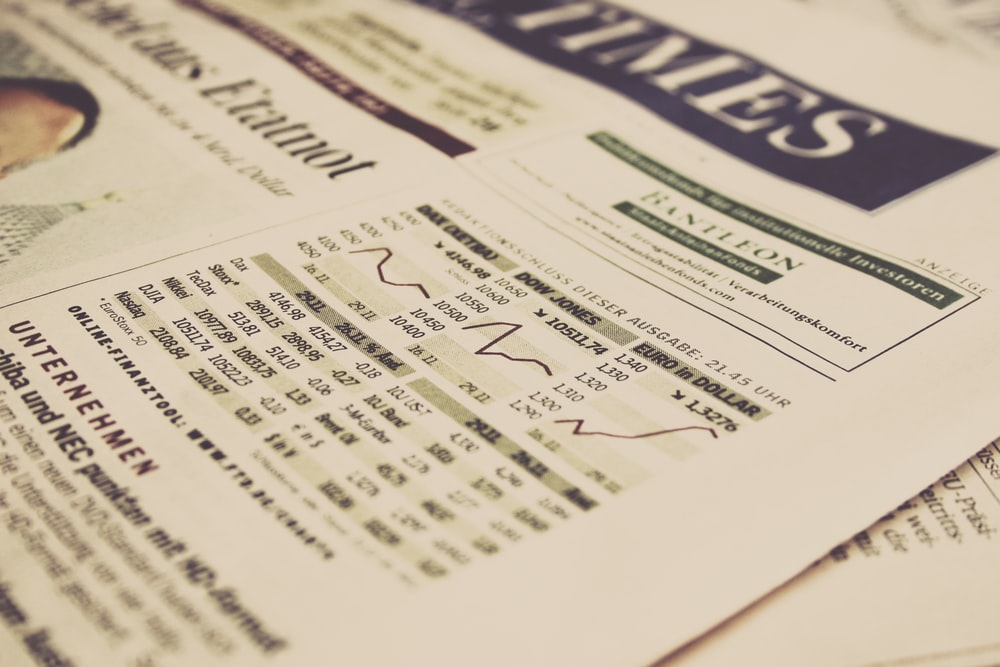March 12th, 2020.
Coronavirus Panic: How to Protect Your Investments For The Long-Term

Following the coronavirus (COVID-19) pandemic, the direct impact has been felt acutely by health services and the economy as a whole.
At times like this, it’s important to keep yourself economically informed and find out how we are actively looking after our clients.
As the coronavirus continues to spread throughout the world and, in particular, the United Kingdom, the majority of people are concerned about the effect the disease will have not only on their health but also the economy and financial markets.
Naturally, as people begin to see markets drop, there is a concern over their investments and what it means for them.
In the last week, a steep fall in the price of oil triggered a sell-off in many other assets, with global stock markets experiencing one-day declines not seen since the 2008-09 financial crisis.
The price of crude oil fell by as much as 30% as markets responded to Saudi Arabia’s decision to boost oil production in an aggressive move to target market share.
Monday saw Asian markets fall by approximately 5% and, in Europe, the falls were even more dramatic, with the FTSE100 and DAX indices dropping by around 7% in the morning. Government bonds rallied as investors sought safety, with the US, German and UK yield dropping to record lows.
With news of this, clients will inevitably have concerns about their money being invested in funds that have invariably been exposed to some of these rapid declines.
Pure Wealth takes investing our clients’ money seriously. When we have initial client consultations and plan for investment, we talk about the importance of investing for the long-term rather than making quick short-term returns.
Sit tight
So, at this time of ‘panic’, there will be a lot of people with money invested that will be looking to withdraw their funds. However, forcing sales in the face of a market which is not enthusiastic to buy from you will sell holdings at lower prices than their expected value.
It may be tempting, but now may not be the time to get out.
Cazenove Capital has said that they anticipate action in coming days from central banks and governments around the world including the European Central Bank, the Bank of England and the UK Government (which has recently published its first Budget).
In the short term, some of these measures could heighten volatility, although over time we would expect them to help markets and economies. Different economies and markets may experiment with different measures before the right policy mix is found.
It’s not the first decline in markets
In 25 of the 33 calendar years ending in 2018, the UK equity market has fallen by more than 10% at some stage during the year. However, in most of these years, the full calendar year return has been positive.
The tendency of markets to rebound following sharp falls – and the importance of these rebounds to returns – is reflected in longer-term performance numbers.
Over the 30 years to the end of 2019, the UK’s FTSE100 has generated an annualised total return of 7.8% per annum. However, missing the best 20 days in that period would have reduced the annual return to just 3.8%. Missing as few as the 10 best days results in a significantly lower return of 5.4%.
An investor would have to be uncommonly nimble to buy back in at the optimal moment to capture the bounce that follows. Evidence shows just how difficult it is to do this with any consistency.
History has shown that panic selling isn’t the smart move, even in times of a pandemic-stricken stock market.
Right on cue
The new Chancellor is expected to announce an increase in both day-to-day spending and investment spend to underscore the Conservative’s pledge to end austerity and ‘level up’ the North of England.
The Bank of England has cut rates by 50 basis points from 0.75% to 0.25%, adding their weight to the coordinated fiscal and monetary policy response around the world. Whilst the meeting and decision were unscheduled, the cuts themselves were priced into the market for the bank’s next meeting at the end of March.
The unscheduled nature of the announcement highlights the bank’s eagerness to be on the front foot and is taken by investors as a commitment to further easing as necessary. This indeed shows that the government are taking the macroeconomic impact seriously to try and protect our economy for the longer term. Although, in turn, it means that the inflation risk of cash investments will become even more profound.
As ever, should you wish to discuss this or any other matter, then please do not hesitate to get in touch.
Pure Wealth Management is at hand to give any advice we can to people that are unsure about the situation they currently find themselves in.
Our advisors have worked through periods of declines over the years and are experienced in giving truly independent advice at vulnerable times like these.
At times like this, trust experience and contact us today.